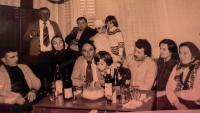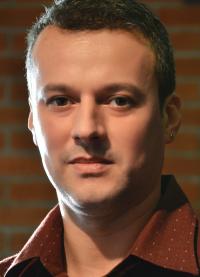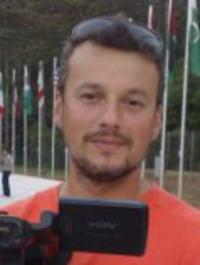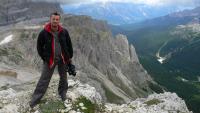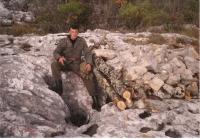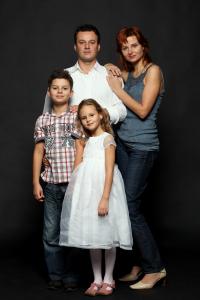The war in Yugoslavia scared our whole generation

Download image
Krunoslav Keteleš was born on 19 February, 1972 in Vukovar in Croatia and comes from a Ruthenian family. He studied secondary school of agriculture and several terms of veterinary school at the high school. In 1991, when the war broke out in former Yugoslavia, he was just conducting an obligatory military service. As a soldier of the former Yugoslavian army he was sent to guard the Peljesac peninsula and his task was to shoot down airplanes. He deserted the army as he could not bear to join the growing fights and being a Croat he felt oppressed by Serbian lieutenants. With his father, mother and sister they left to the Czech republic in 1992 to stay with a family in Ostrava, they made friends in past. Although they had a place to stay and wanted to find jobs, they were still sent to refuge camp. Only after difficult negotiations they managed to get away. They settled down in Ostrava. The witness first worked as an attendant at the zoo and later he found work as a cameraman same as his father Miroslav. Today he works for the Czech television. He is an author of a documentary movie called Back then in Balkan, which deals with the effects of war in former Yugoslavia. He found his wife in CR and has two children. During war he lost several close family relatives.
